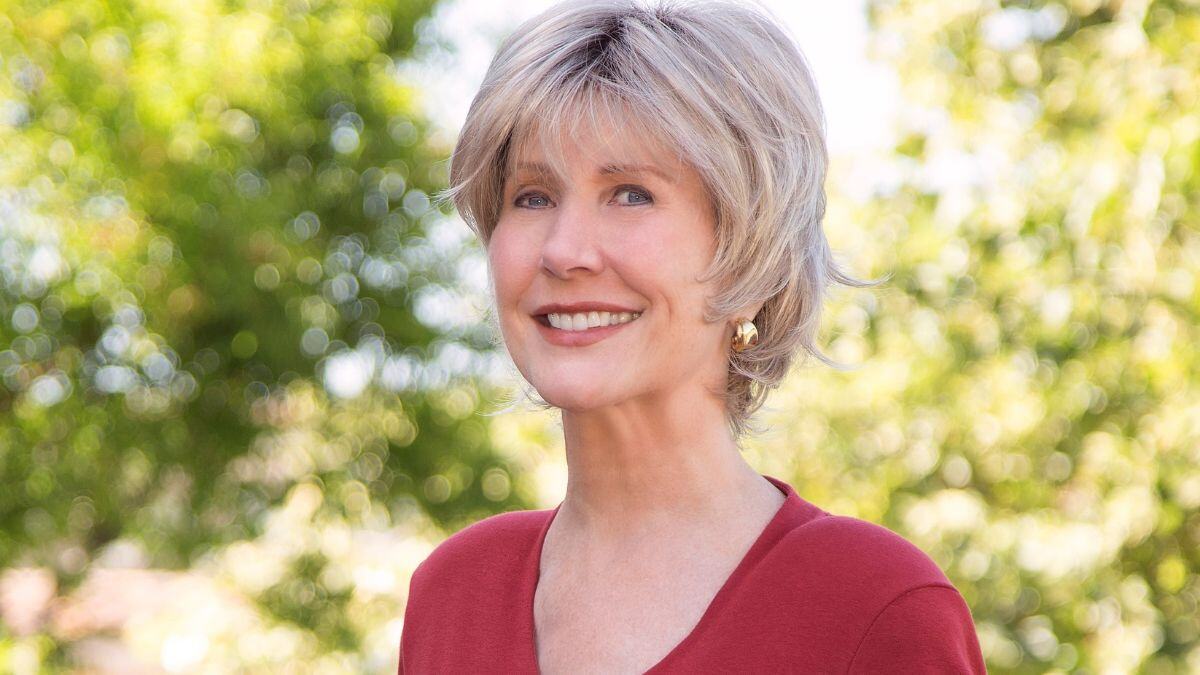Hope in Suffering
Author: John Stonestreet
3 min read
 Breakpoint
:
Sep 26, 2024 12:15:00 AM
Breakpoint
:
Sep 26, 2024 12:15:00 AM

There may be no category of life more alien to the secular, progressive mind than the idea of suffering well. From our policies to our movies to the various and sundry ways we invest in our own comfort, the dominant assumption is that suffering is irredeemable, worthless, and to be avoided at all costs—even at the cost of life itself. That’s the thinking behind doctor-assisted suicide, for instance.
A test of a worldview is whether it is big enough to handle sickness, disability, and the scorn of a culture. It’s also the test of a church.
Several years ago in the Washington Post, sociologist Andrew Whitehead described the struggle he and his family faced in searching for a church home. With two sons on the autism spectrum, he described the degrading comments and behaviors by congregants toward his boys, whom they saw as interruptions instead of Image Bearers. For example, more than a few Christians told him that his children probably shouldn’t attend church because they can’t really “get anything” out of it. So, his family spent years watching worship on screens, instead of in person.
Their experience, sadly, isn’t unique. In the article, Whitehead cited the findings of a survey of over 400 parents of children with special needs. A third had switched faith communities because their children weren’t welcome. According to his own research, the odds of children on the autism spectrum never attending religious services are nearly double those of children without such a condition.
A young man on the autism spectrum attends our church. In fact, he serves as an acolyte nearly every Sunday during a service, attends Sunday school, and never misses mid-week youth group. I remember the first Sunday he served as an acolyte, years ago. He didn’t do everything right, but we are better at following Jesus because he’s been with us.
Someone who has both embodied and instructed millions on what it means to suffer well is my friend Joni Eareckson Tada. What continually stuns and convicts me is how she understands—after fifty years in a wheelchair, bouts with cancer, Covid, pneumonia, and other conditions—that God is committed to refining her character and witness through suffering. Honestly, I cannot imagine what refining could possibly be left for her, but she has embraced the truth that her suffering is not about her. It has eternal potential in the hands of God, Who can be trusted.
Joni believes that the way she handles suffering can be a message to those around her, including those tasked to heal and relieve her suffering. She knows that life with disability is not only worth living, but that God has a special place in His family for those often considered inconvenient. She understands that those who cannot walk, see, speak, think, or socially interact with others are welcome members of the Kingdom of God through Jesus Christ, and are needed by the rest of us for our own edification and sanctification.
I understand that it can be difficult for church leaders, pastors, and volunteer Sunday School teachers to create space in their churches for this kind of welcome. Dear friends of mine who have children with autism—including Chuck Colson’s daughter, Emily—have described their own daily struggle and exhaustion in a way that leaves me in awe of their strength and faith. For a church to decide to prioritize, love, and serve a family with needs like this takes sacrifice.
But too often, the reason these children aren’t welcome isn’t because it’s too hard. It’s because they interfere with the show on stage or, even worse, the church brand. It’s because of a false Christianity, one focused on providing a positive, feel-good experience. However, this is a small, shriveled vision of the Gospel, the kind that will crumble and prove inadequate in the face of true suffering. It cannot withstand the assaults of quadriplegia, terminal illness, severe disability, or discomfort. It won’t disciple people to withstand the social disapproval of an angry culture, or a school full of angry peers. It will not be a faith able to hold back the strong tide of “medical assistance in dying” that is currently washing over nations and states. It will not be a faith compelling to a watching world.
To weather the ordeals that will come our way, as individuals and churches, we must recover a theology and practice of suffering in Christ. This will be the focus of the next Lighthouse Voices event, Tuesday evening October 8, with the one and only Joni Eareckson Tada. If you live in the Agoura Hills area of California, please join us in person at the Joni and Friends International Disability Center. Space is limited, so register soon. If you do not live in the area, you can sign up for the livestream.

Authors: John Stonestreet | Kasey Leander In November of 1660, Puritan lay preacher John Bunyan was arrested and subsequently spent the next 12...

Authors: John Stonestreet | Dr. Timothy Padgett